
Preliminary data from a global survey with climate journalists reveals 60% show symptoms of psychological stress. Meanwhile, journalists said newsrooms do not offer adequate support.

Laren Aniceto sought therapy looking to save her marriage. She wound up uncovering that her therapist had lost her medical license and had been accused of manipulating and defrauding her patients.
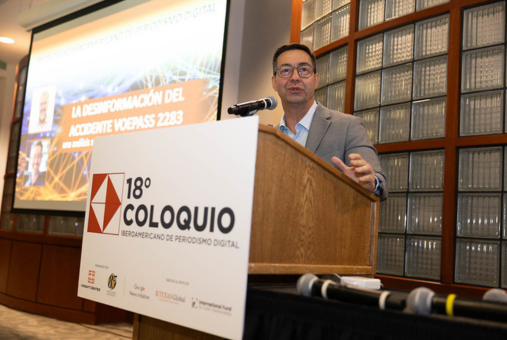
Scholars warn that press freedom in Latin America is threatened not only by dictatorships but also by democratic governments and media capture. At the Iberoamerican Colloquium on Digital Journalism, they called for innovative, collaborative responses.
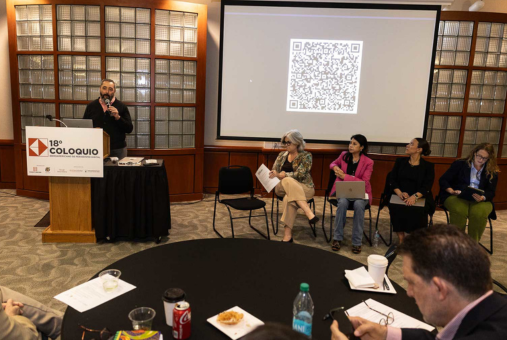
Researchers from the Worlds of Journalism Study examined safety, editorial freedom, and pressures facing journalists in 11 Latin American countries. At the Iberoamerican Colloquium on Digital Journalism in Austin, they shared findings from Costa Rica, El Salvador, and Mexico.

More than half of a group of Colombian journalists surveyed consider leaving the profession due to low salaries and job instability. The study also showed that press workers in that country do not see unionization as a way to improve their working conditions.

Digital satire programs, such as Mexico’s “El Pulso de la República” or Colombia’s “La Pulla,” are gaining increasing visibility and having big impacts on public discourse in their countries. They’re also filling the gap in sociopolitical criticism left by traditional media, according to research by Peruvian journalist and academic Paul Alonso.

The analysis of public advertising in 11 countries across the region shows how governments misuse funds, rewarding loyalists and endangering independent news outlets.

In the style of Trump and Bolsonaro, the new president of Argentina, Javier Milei, employs rhetoric that is openly hostile to the press. Since he took office, this speech has been accompanied by concrete measures, such as suspending advertising from the Executive branch in the media. LatAm Journalism Review interviewed Santiago Marino, a leading Argentine researcher in communication policies, to understand the Milei government's relationship with journalism and public communication policies in Argentina.
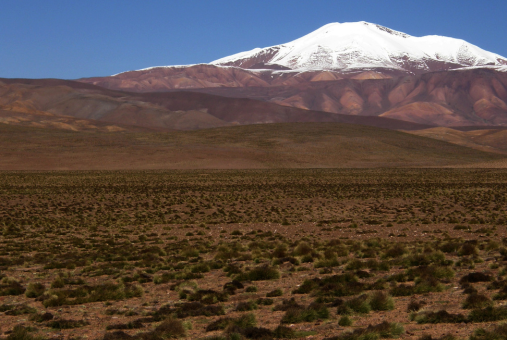
News coverage of climate and biodiversity does not reflect the magnitude of the crisis facing humanity, according to a survey of journalists. According to them, the public is interested, but a lack of resources and editorial lines make it difficult to pay attention to the issue. Incorporating technology into newsrooms could alleviate problems.
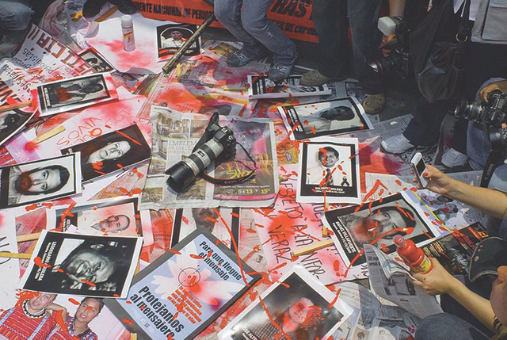
Professors Celeste González de Bustamante and Jeannine E. Relly, both from the University of Arizona School of Journalism, have spent the past ten years doing field research, traveling through Mexico and interviewing more than 100 people to analyze violence against the press.

The study, which interviewed 1,000 people, aimed to find a kind of vaccine against false news, especially during the electoral period
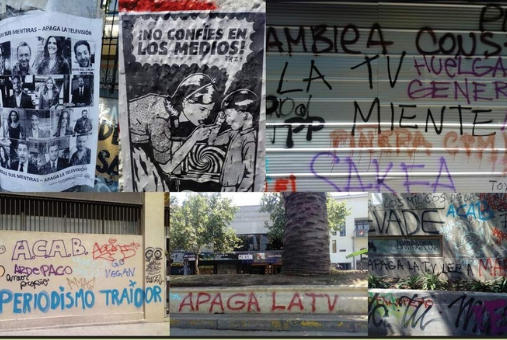
21 researchers, mostly Latin American, address the lack of media pluralism and diversity of voices in public discourse in the region and how it affects the democratization process